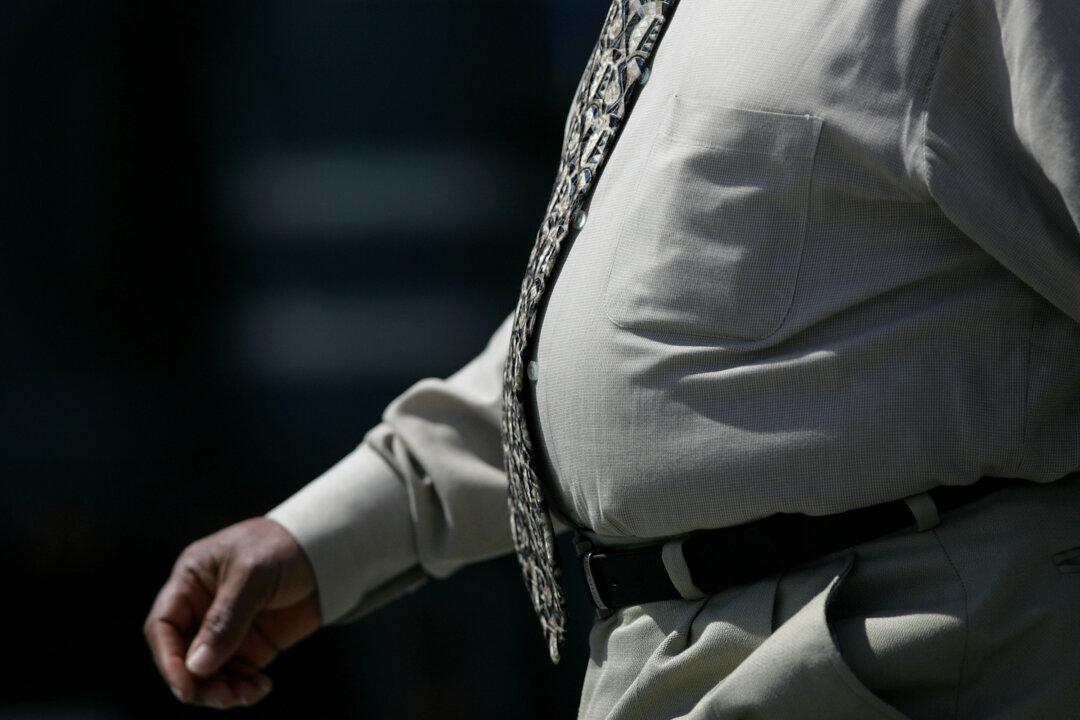Scientists are urging the government to strengthen public health efforts to address the obesity epidemic in the battle against COVID-19 and the CCP virus, as studies find that people with obesity have higher risks of contracting the virus, ending up in the hospital, and dying from COVID-19.
“Obesity and chronic diseases like diabetes were already huge threats before the pandemic, but COVID-19 has ripped the cloak off to reveal just how bad they are,” Dr. William Li wrote in an email interview.






